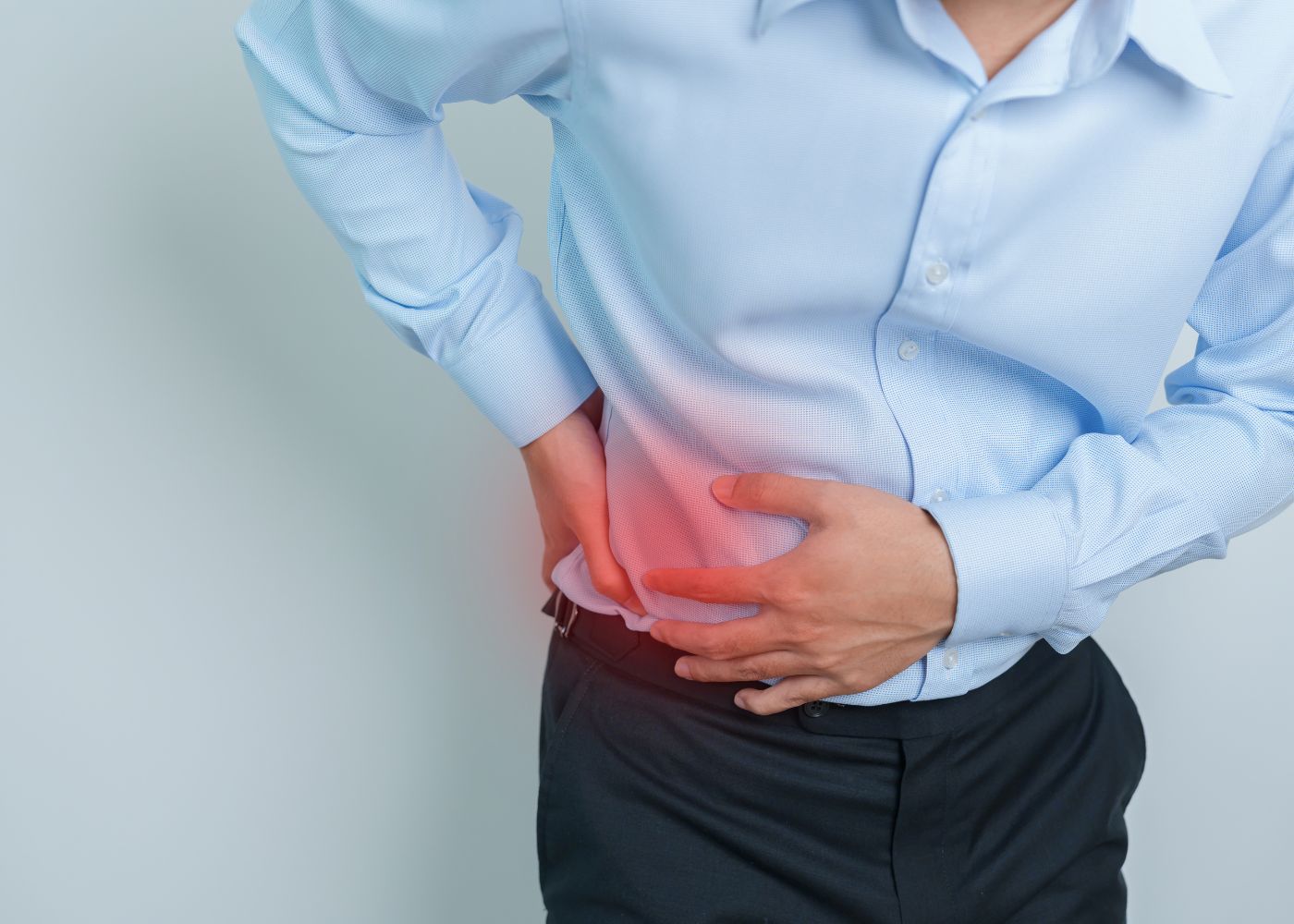Kidney stones are no small matter. The sharp, intense pain often comes without warning, leaving you wondering where to turn for help. Seeking urgent care for kidney stones can be a lifesaver in many cases, especially when symptoms first appear, but when do you need the ER? Let’s explore your options to help you make an informed decision.
What Are Kidney Stones and Why Do They Happen?
Kidney stones are solid mineral and salt deposits that form inside the kidneys. They can vary in size, ranging from tiny grains to larger, more obstructive stones that cause severe pain.
Why do kidney stones develop?
- Dehydration: Not drinking enough water can lead to concentrated urine, increasing the risk.
- Dietary factors: High sodium, oxalate, or protein intake can contribute.
- Medical conditions: Chronic illnesses like gout or certain genetic conditions may predispose you.
- Family history: Genetics often play a significant role.
Types of Kidney Stones:
- Calcium stones: The most common type, often linked to excess calcium in the urine.
- Uric acid stones: Associated with high-protein diets or gout.
- Struvite stones: Linked to urinary tract infections (UTIs).
Understanding the root cause can aid in prevention and treatment.
Recognizing Symptoms of Kidney Stones
When a kidney stone begins to move through your urinary tract, the symptoms can range from discomfort to debilitating pain. Some of the most common signs include:
- Severe, sharp pain: Often felt in the back, side, or lower abdomen.
- Blood in urine: Visible as pink, red, or brown discoloration.
- Frequent urination: An urgent need to urinate, often accompanied by a burning sensation.
- Nausea or vomiting: A reaction to intense pain or a blocked urinary system.
Does kidney stone pain come and go? Yes, as the stone shifts through the urinary tract, pain can fluctuate in intensity and location. This intermittent nature often confuses patients, but a proper test for kidney stones can provide clarity.
When to Choose Urgent Care for Kidney Stones
Urgent care is ideal when:
- You experience moderate pain that’s manageable with over-the-counter medication.
- It’s your first encounter with kidney stones, and you need a diagnosis.
- Symptoms are mild but persistent, like frequent urination or discomfort.
Can urgent care diagnose kidney stones?
Absolutely. Urgent care centers are equipped to identify and treat mild to moderate cases, ensuring fast, professional care.
Can urgent care treat kidney stones?
Urgent care centers typically focus on diagnosing and managing symptoms related to kidney stones rather than providing treatments to remove large or complex stones.
For many patients, urgent care can serve as the first step in addressing kidney stone concerns, offering:
- Symptom Assessment: Evaluation of mild to moderate symptoms with recommendations for next steps.
- Pain Management: Medications to ease discomfort.
- Diagnostic Services: Tests like ultrasounds or X-rays to locate and measure stones.
- Referrals: Guidance to specialists or hospitals for larger stones or complications
However, it’s essential to note that procedures like shockwave lithotripsy or surgical removal are not typically offered at urgent care facilities.
For severe cases or when symptoms include high fever, uncontrollable pain, or urinary obstruction, visiting an ER or consulting a urologist may be necessary.
When to Go to the ER for Kidney Stones
Some situations demand immediate emergency care. Visit the ER if you experience:
- Severe, unrelenting pain that prevents you from functioning.
- High fever or chills, signaling a possible kidney infection.
- Inability to urinate, which could indicate a serious blockage.
- Nausea or vomiting that persists despite attempts to hydrate.
When to go to the ER for kidney stones? If symptoms escalate rapidly or you suspect complications like an infection, the ER is your safest choice. Emergency care often involves advanced imaging, IV fluids, or even surgical intervention in severe cases.
Deciding Between Urgent Care and ER
The decision between urgent care and ER hinges on:
- Symptom severity: Mild to moderate symptoms can be managed at urgent care, while extreme symptoms require ER attention.
- Convenience and cost: Urgent care offers faster service and is typically more affordable than the ER.
- Immediate need: Urgent care centers like +MEDRITE are designed for walk-in visits and quick diagnoses, saving time and stress.
Managing Kidney Stones at Home
For mild cases, you can take steps to manage kidney stones until professional help is available:
- Hydration: Drink plenty of water to help the stone pass.
- Pain relief: Over-the-counter medications can ease discomfort.
- Heat therapy: Applying a heating pad to your lower back may alleviate pain.
How to relieve kidney pain instantly? While immediate relief depends on the stone’s size and location, staying hydrated and using pain medication can offer short-term comfort.
Conclusion
Knowing when to choose urgent care versus the ER for kidney stones can save time, reduce stress, and ensure you get the right care for your needs.
For mild to moderate symptoms, urgent care for kidney stones provides quick, professional evaluation and management. However, severe symptoms like unbearable pain, fever, or urinary blockages require immediate attention at an ER.
If you’re experiencing kidney stone symptoms, visit +MEDRITE for fast, reliable care and guidance to help you feel better sooner. Contact +MEDRITE today.

